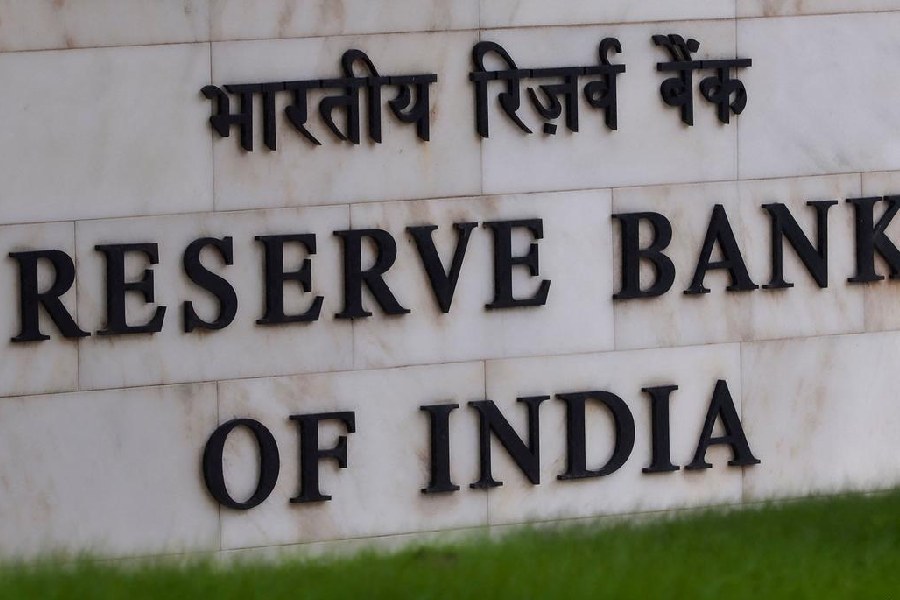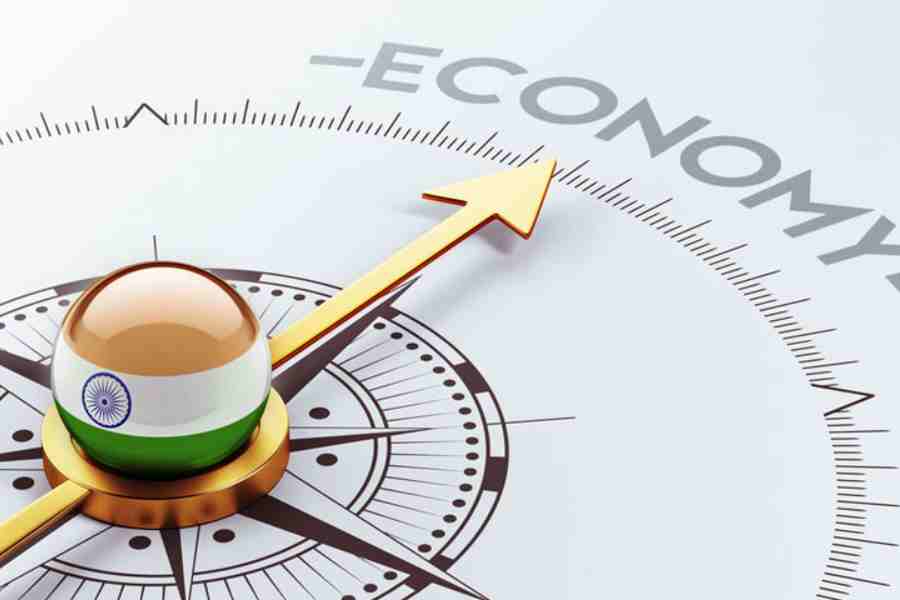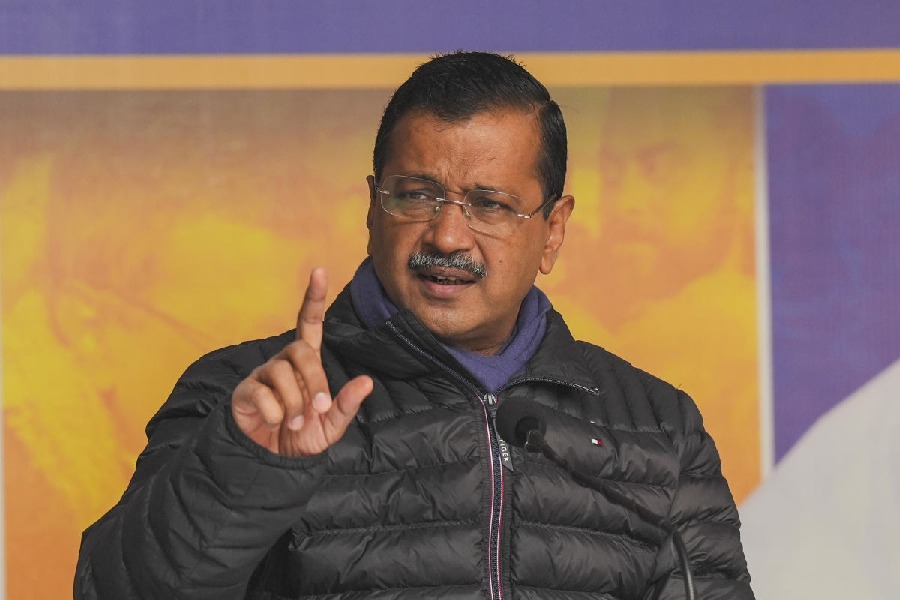Last week, the Reserve Bank of India (RBI), the country's central bank, released a report saying India will spend an estimated $1.05 trillion (€ 959 billion) by 2030 on adapting its various industries to be compliant with climate change norms.
In order to speed up and drive green finance in the country and meet its climate goals, the report said, the Indian government needs to put in place a broad-based carbon pricing system in line with emerging global best practices and introduce a carbon tax.
"Towards a Greener Cleaner India" explores a range of feasible policy options encompassing several areas and makes a case for adopting a proactive strategy to mitigate the possible implications of climate change on the economy and prepare for the future.
"The country's goal of achieving the net-zero target by 2070 would require an accelerated reduction in the energy intensity of GDP by around 5 % annually and a significant improvement in its energy-mix in favor of renewables to around 80 % by 2070-71," the report said.
"India's green financing requirement is estimated to be at least 2.5 % of GDP annually till 2030," it added.
The report also made suggestions like ramping up domestic capacity to mine rare earth elements or procure them through long-term contracts and outward foreign direct investment.
India's vulnerability to climate catastrophe
While India already has a well-designed climate action plan, more needs to be done to adopt new technology and supportive policies for innovation for progress on both mitigation and adaptation.
This is why the RBI recommends introducing an Emissions Trading System (ETS) linked to green taxonomy and instruments such as carbon pricing using carbon taxes.
Last year, the UN Intergovernmental Panel on Climate Change (IPCC) report painted a bleak picture for India, warning that the South Asian country could face multiple climate change-induced disasters in the next two decades.
Unless greenhouse gas emissions are drastically reduced by 2030, it will become impossible for Indian authorities to reverse an imminent climate catastrophe, it said.
Mitigate risks
India will likely face the irreversible impacts of climate change, with increasing heat waves, droughts and erratic rainfall events in the coming years if no mitigation measures are put in place.
Most economists have welcomed the RBI's intervention in fortifying India's climate defenses.
"As an independent institution, the RBI is free to interpret how it can provide stimulus to growth. If it gives incentives to less carbon-intensive sectors and credit to achieve the sustainability targets, it is welcome," economist Indira Rajaraman told DW.
Arun Kumar, a retired professor of economics from Delhi's Jawaharlal Nehru University, said monetary policy is crucial in dealing with uncertainty in the economy and if the steps initiated by the RBI can reduce ambiguity it is a worthwhile step as it brings about financial stability.
"The risks of climate change may affect food crops and lead to food shortage and decline in food production, besides the possibility of inflation volatility. The macro economy is linked with other factors like inflation. However, the government must move ahead with the correct data," Kumar told DW.
India's agricultural sector relies on the monsoon season. However, over the last few decades, there have been more days with extremely heavy rains and longer dry spells in between.
Just how much influence does the RBI have?
Lekha Chakraborty, professor at the National Institute of Public Finance and Policy, wondered if the central bank has sufficient "tools" to engage in such new policy objectives, though pointing out it was a good move by the RBI to integrate climate change concerns in its monetary policy stance.
"How will the RBI instruct the top investors to conduct 'green stress tests' and such further details need to be seen in future? Will there be sufficient response from investors also needs to be factored. Having said that, climate change commitments need to be fiscal as well," Chakraborty told DW.
At the United Nations Climate Change Conference (COP27) held last year, India submitted its long-term strategy for low carbon development (LTS), which provided a breakdown of initiatives by sector. However, these do not go beyond current policies and general future direction.
It remains unclear whether India's net-zero by 2070 target covers all greenhouse gas emissions, or just CO2 emissions.
Prime Minister Narendra Modi pledged at the Glasgow climate summit in 2021 that India can meet 50% of its energy requirements by increasing its non-fossil energy capacity to 500 gigawatts by 2030.
He also said India will reduce its total projected carbon emissions by 2030, decrease the carbon intensity of its economy by 45% by the same year and achieve net-zero emissions by 2070.
In April, the RBI announced a framework for accepting "green deposits" by banks and financial institutions. So far, 63 green bonds have been issued.
It identified nine sectors in which the proceeds from these green bonds must be used, including renewable energy, waste management, organic farming, and green transport where the deposits can be deployed.
Officials in the RBI highlighted that the central bank would unveil the disclosure framework on climate-related financial risks, as well as its guidance on climate analysis and stress-testing, in the near future.
"What is missing is the climate responsive budget statement by the finance ministry in coordination with all sectoral ministries. Climate change public finance management is a crucial sequel to RBI's announcement regarding green taxonomy in India," said Chakraborty.










